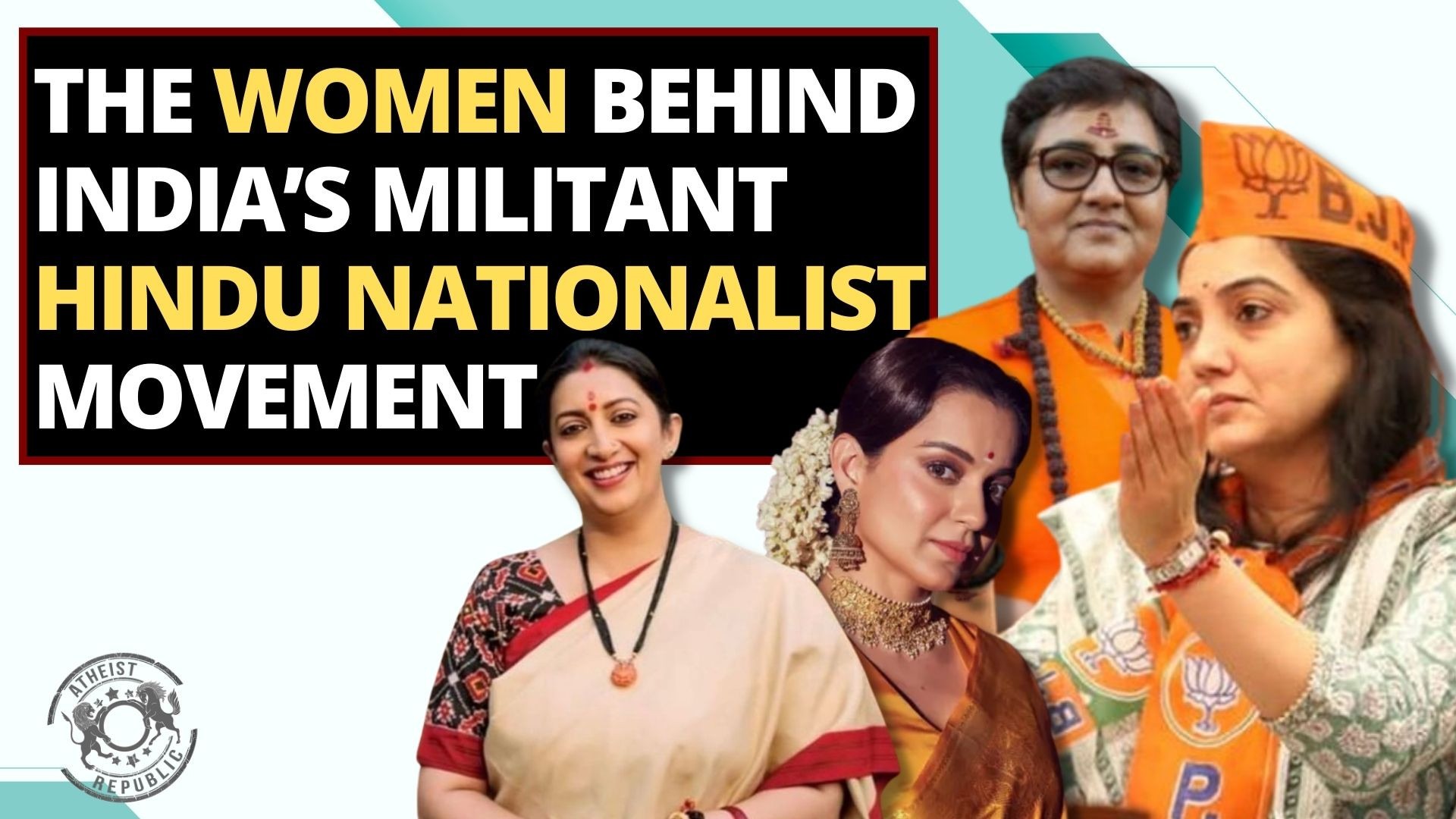
With the continuing surge of Hindutva (Hindu nationalist) ideology in India since the Bharatiya Janata Party (BJP) was elected in 2014, the country is also seeing a rise of female militant Hindu nationalists taking up positions in government and even leading the fight for their ideals.
One of these female Hindu nationalist leaders is Pragya Singh Thakur, also known to her supporters as Sadhvi Pragya (title for female ascetic in India). She was a suspect in a 2008 bombing in Malegaon, Maharashtra, that took the lives of six victims and injured 100 people.
However, these allegations did not stop Thakur from joining India’s parliament in 2019. She currently serves as a legislator representing the city of Bhopal under the BJP, and she is perhaps the first in the country’s history to be elected despite being accused of a crime.
Since her rise to power, many female Hindu nationalists have seen Thakur as an inspiration and wish to achieve the popularity she has garnered in the past few years. One of them is Chaitra Kundapura, a journalist in her 20s and a former news anchor on a local TV channel in Karnataka.
Kundapura had a unique story behind her. Coming from a lower-middle-class background and a member of India’s Other Backwards Castes, Kundapura began to question Western notions of gender equality and feminism during her stint as an anchor and saw the appeal of how Hindu nationalist literature portrayed women.
Like Thakur, Kundapura is embroiled in many legal cases for inciting hatred against India’s Muslim minority through her fiery speeches. She enjoys minor celebrity status among other Hindu nationalists in Karnataka, whose locals acknowledged that hate speech is a way for women like her to gain attention.
In 2021, she sparked controversy for giving Muslim men a warning on “love jihad.” She claimed that activists from Bajrang Dal, one of India’s many militant far-right and Hindu nationalist organizations, would convert Muslim men in two days and have Muslim women apply vermillion on their heads (a symbol associated with married Hindu women) if they don’t stop with “love jihad.”
But Kundapura is not alone in her struggle to spread Hindutva across the country. Pooja Shakun Pandey, leader of the far-right All India Hindu Mahasabha in Uttar Pradesh, is another case. A mother of two and a former mathematics teacher, she quit her well-paying job in Kundapura to focus on her activism, adding that it was her true calling.
Pandey, who also called herself Sadhvi Annapoorna after taking on a more ascetic life, also worked with many Hindu nationalists on “counseling” Hindu women they saved from alleged cases of “love jihad.” She even recalled how she had to beat up a young girl to “counsel” her.
Thakur, Pandey, and Kundapura are only a few examples of the rise of several female Hindu nationalist leaders and activists in the country. However, their participation in a movement that advocates for a more traditional and conservative path for Indian women also contradicts how gender and politics intersect in the country’s right-wing politics.
Often seen as more militant, outspoken, and committed than their male counterparts, female Hindu nationalists took advantage of the ideology’s continuing rise to better mobilize women to their cause. As Sharan Pumpwell, leader of the far-right Vishwa Hindu Parishad (VHP), put it, women play a role in dealing with other women on issues like love jihad and stress the part of how women can talk to other women regarding these matters.
